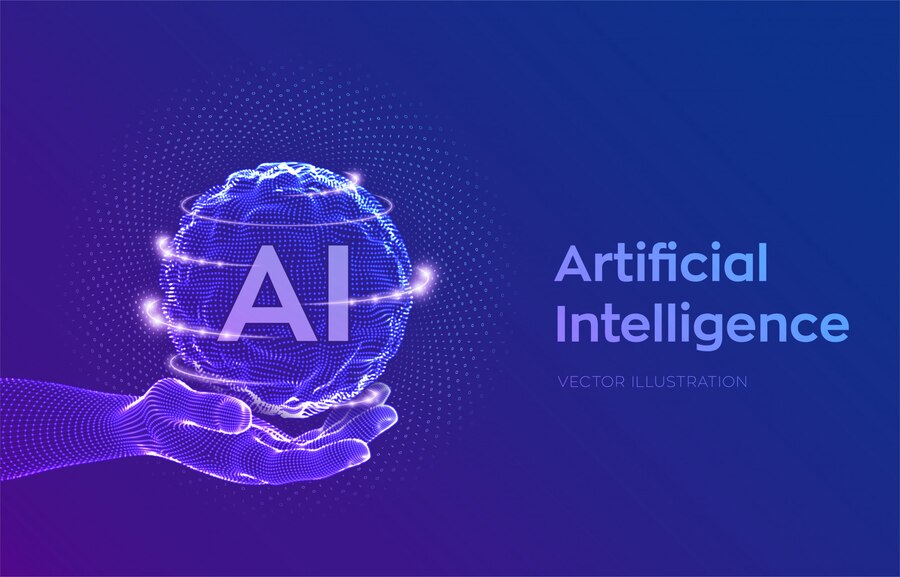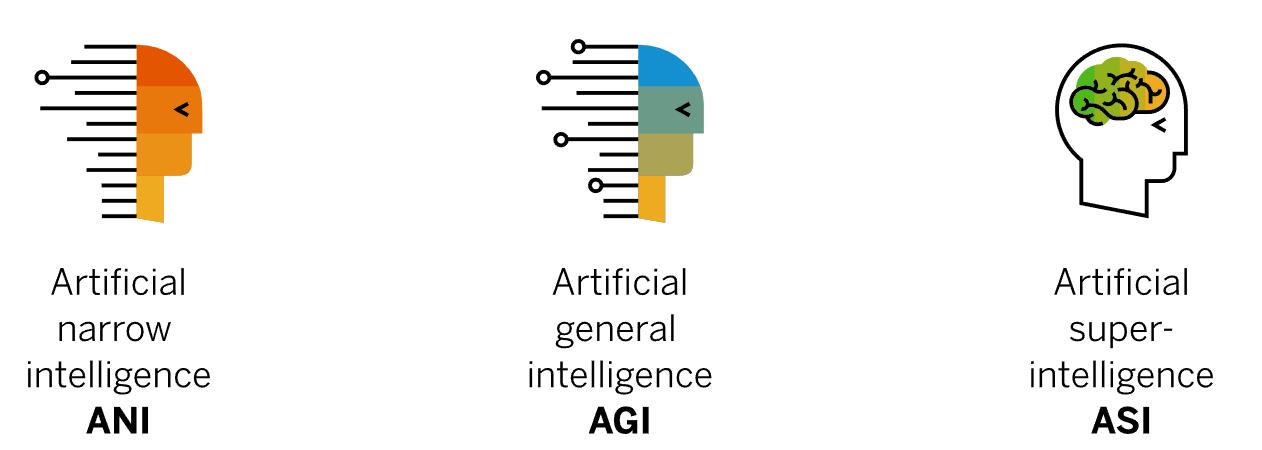As a transformative and forward-looking technology, artificial intelligence profoundly impacts economic, social, and technological realms. Its value lies not only in enhancing efficiency and driving innovation but also in addressing societal issues and promoting global cooperation.

The value of artificial intelligence (AI) in today’s society is both extensive and profound, impacting numerous fields and significantly transforming various industries. Here are some key aspects:
Economic Impact
- Innovation Catalyst: AI drives the creation of new products and services, opening up new markets and business opportunities. Innovations in self-driving cars, smart homes, and personalized medicine heavily rely on AI advancements.
- Productivity Boost: AI automates repetitive and complex tasks, enhancing work efficiency. For instance, automated production lines in manufacturing reduce labor costs, improve product quality, and increase production speed.
- Data Analysis and Decision Support: AI can analyze vast amounts of data, uncovering hidden patterns and trends to aid businesses in making more informed decisions.
Social Contributions
- Healthcare: AI is widely used in healthcare for disease diagnosis, personalized treatment plans, drug development, and health management. It improves diagnostic accuracy and speed, aiding doctors in treating patients more effectively.
- Education: AI offers personalized learning plans and intelligent tutoring systems, tailoring educational resources and advice to individual student needs and progress, thereby enhancing learning outcomes.
- Public Services: In areas like public safety, traffic management, and environmental protection, AI enhances service quality and response times through real-time monitoring and data analysis.
3. Scientific and Technological Advancements
- Research and Development: AI accelerates scientific research by facilitating simulations and data analysis, helping scientists achieve breakthroughs in fields such as biology, physics, and chemistry.
- Emergence of New Technologies: The continuous development of AI spurs advancements in related technologies like natural language processing, computer vision, and robotics.
Ethical and Social Implications
- Ethical Considerations: As AI becomes more prevalent, issues of privacy, security, and fairness emerge. Establishing appropriate legal frameworks and ethical guidelines to ensure AI use aligns with societal benefits is crucial.
- Labor Market Changes: While AI’s automation capabilities might eliminate certain jobs, it also creates new opportunities. Balancing and addressing these changes is vital for societal stability and development.
Global Influence
- International Competitiveness: A nation’s position in the global economy and technology landscape is increasingly determined by its leadership in AI. Governments and companies worldwide are investing heavily in AI research and development to gain a competitive edge.
- Global Collaboration: AI development relies not only on individual national efforts but also on international cooperation. By sharing resources and technology, the global community can tackle major challenges like climate change and disease prevention together.
123



